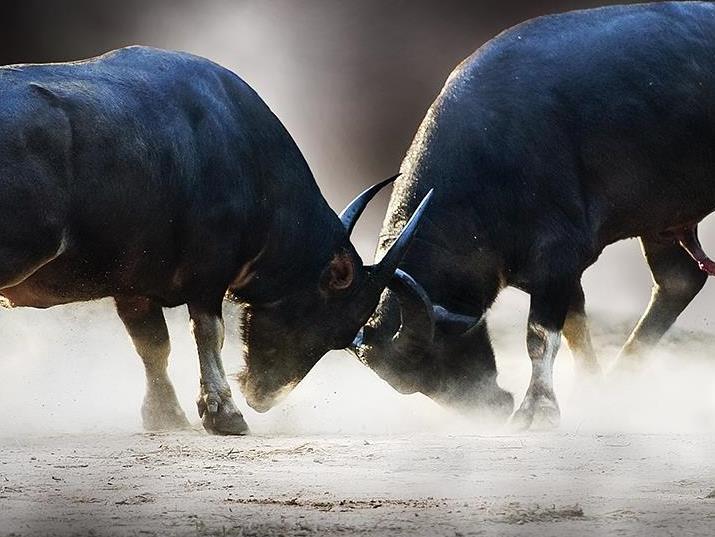Instead of butting heads, use your emotional intelligence to come up with more creative ways of solving conflicts. Photo by Ken Lindsay via uk.blog.tourismthailand.co.uk
As in any workplace, conflict in the arts sector is often seen as inevitable – particularly when emotionally voluble individuals come together to work on a project collaboratively: whether that be making a new work or presenting a festival or other event.
But while creativity is inherent, learning how to resolve conflict is not – at least for most of us. Given that resolving conflict can result in teams working together with more focus and passion, as well as providing individuals with greater focus, conflict-solving is a valuable skill to master.
Here are some valuable insights into conflict resolution in the arts from a diverse array of sector members.
Daniel Clarke, Creative Producer, Theatre Works
‘You have to be able to have open conversations with the person who you might be in conflict with; that’s the starting point. I think sometimes as hard as it is to be able to face something head-on, I’ve always found that as a first step being able to talk openly and honestly about the conflict has been helpful – as scary as that is.
‘I think dealing with conflict is really hard; it’s a really difficult thing to do. Especially in this industry, where so many of us are such emotional creatures. But I guess I can only talk from my perspective; I’ve just learned, as I’ve got older and more experienced, to be able to talk through things; and I would appreciate if someone did the same with me, if they had an issue with me: to talk about it and be honest.’
Ella Hinkley, Gallery Manager, Bundoora Homestead Arts Centre
‘Conflict in the arts is a very different thing to conflict in another workplace. In another workplace you can make it very specific: “You’re not achieving this goal and therefore we need to talk about that issue.” But when you’re dealing with creativity and arts projects it’s very emotional for people, and so that changes the scale in some way.
‘If you’re starting conversations constantly from the perspective of “We all want to end up with the best show, and the best outcome for our work; this is a little hurdle that we need to get over,” it sort of changes the scale of the conflict, somehow. So rather than the conversation being about the piece of conflict, the conversation is about the piece of art and making the best work.
‘Dealing with conflict is one thing; avoiding it is obviously the best thing. So clarity of roles, clarity of timelines, all that sort of project management stuff that can sometimes get a little lost when you’re in the middle of an amazing creative brainstorm. And then everyone goes off and goes their own way and does their bits and pieces.
‘And one of the best ways, I think, to avoid conflict within a creative working environment is to have an amazingly talented producer or production manager; because that way you have that person who is constantly saying “Actually this is your job, get on with that,” rather than people sort of crossing boundaries and getting confused and running off on tangents that weren’t perhaps quite where everyone was going.’
Esther Anatolitis, Director, Regional Arts Victoria





